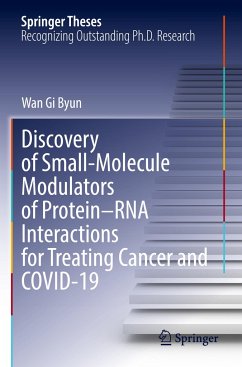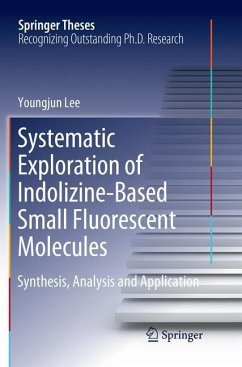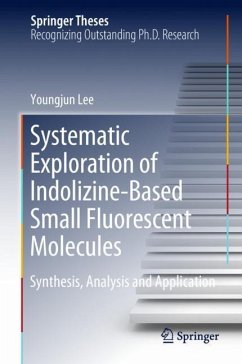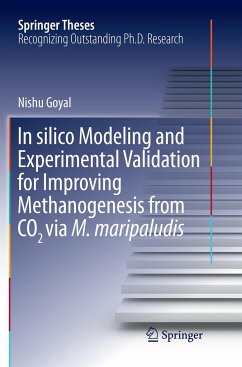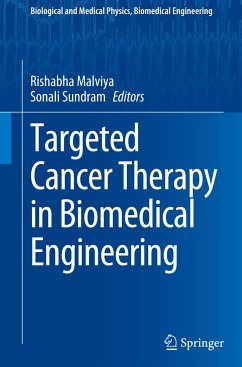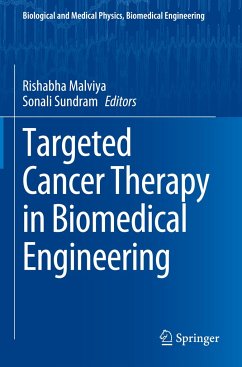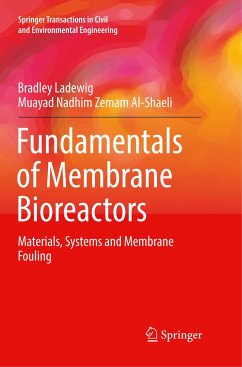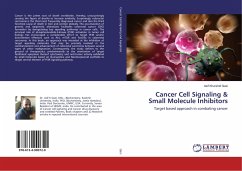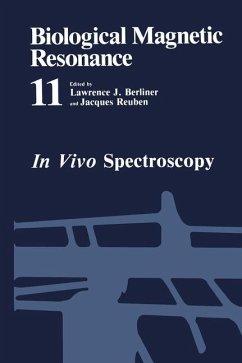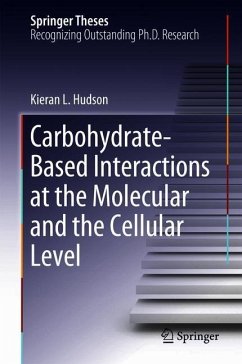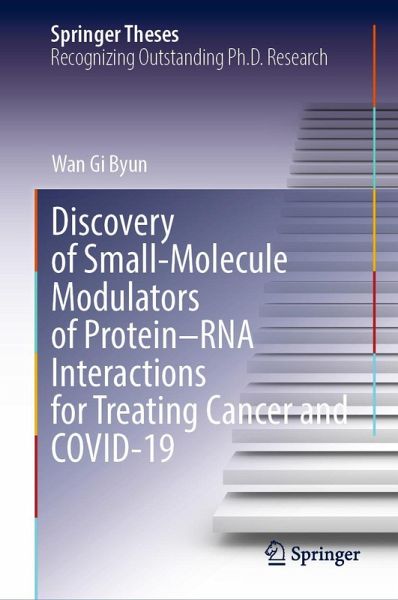
Discovery of Small-Molecule Modulators of Protein-RNA Interactions for Treating Cancer and COVID-19
Versandkostenfrei!
Versandfertig in 6-10 Tagen
129,99 €
inkl. MwSt.
Weitere Ausgaben:

PAYBACK Punkte
65 °P sammeln!
This book describes the development of novel protein-RNA-binding assays and their applications in a high-throughput manner for the identification of small-molecule modulators of protein-RNA interactions to treat cancer and COVID-19.Modulating protein-RNA interactions with small molecules is expected to provide novel biological insights of the interrelation of diseases with the protein-RNA interactome. The modulations may also be exploited therapeutically. For these reasons, the development of a simple, reliable, and sensitive protein-RNA-binding assay is necessary for high-throughput screening...
This book describes the development of novel protein-RNA-binding assays and their applications in a high-throughput manner for the identification of small-molecule modulators of protein-RNA interactions to treat cancer and COVID-19.
Modulating protein-RNA interactions with small molecules is expected to provide novel biological insights of the interrelation of diseases with the protein-RNA interactome. The modulations may also be exploited therapeutically. For these reasons, the development of a simple, reliable, and sensitive protein-RNA-binding assay is necessary for high-throughput screening to discover new effective chemical entities capable of acting on diverse protein-RNA interactions. This book discusses the discovery of small-molecule modulators targeting protein-RNA interactions that are potentially valuable to treat cancer and COVID-19 by constructing novel high-throughput screening methods. The results of this dissertation provide valuable insights into the regulation of protein-RNA interactions in chemical biology and drug development.
Modulating protein-RNA interactions with small molecules is expected to provide novel biological insights of the interrelation of diseases with the protein-RNA interactome. The modulations may also be exploited therapeutically. For these reasons, the development of a simple, reliable, and sensitive protein-RNA-binding assay is necessary for high-throughput screening to discover new effective chemical entities capable of acting on diverse protein-RNA interactions. This book discusses the discovery of small-molecule modulators targeting protein-RNA interactions that are potentially valuable to treat cancer and COVID-19 by constructing novel high-throughput screening methods. The results of this dissertation provide valuable insights into the regulation of protein-RNA interactions in chemical biology and drug development.



